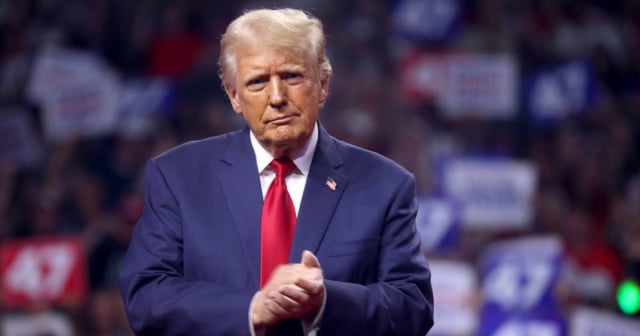The United States Customs and Border Protection (CBP) released its statistics for October 2024, showing a drastic change in the figures related to the humanitarian parole program for citizens of Cuba, Haiti, Nicaragua, and Venezuela (CHNV).
At first glance, the data may seem contradictory to the previous report published in October, but a detailed analysis reveals the implementation of stricter measures in the granting of these permits.
According to the recent CBP report, as of the end of October 2024, 110,980 Cubans have been authorized to travel under this program, of which 110,240 have actually arrived in the United States.
Compared to the figures from September, there was a reduction of 20 authorizations, but a slight increase of 240 people in arrivals. There were no new approvals.
The decrease in authorizations suggests a tightening of approval criteria, with more cases being denied following the additional reviews implemented by the Department of Homeland Security (DHS).
These measures include more rigorous verification processes for sponsors in the United States, in addition to enhanced biometric and biographical controls.
The slight increase in arrivals reflects a residual flow of beneficiaries who had obtained their authorizations in previous months.
Contrast in the figures: Regression or adjustment?
The data provided by CBP and analyzed alongside information from independent journalists such as Mario J. Pentón reveal an apparent contrast.
The approvals for parole are decreasing, but arrivals do not show a parallel trend. This discrepancy is due to factors such as the time that elapses between travel authorization and the logistical processes each beneficiary must undergo to reach their destination.
In total, as of October, 531,620 individuals from the nationalities included in the program have legally arrived in the United States with humanitarian parole permits.
Since these measures were implemented, irregular crossings of citizens from Cuba, Haiti, Nicaragua, and Venezuela at unofficial border points have decreased by 98%, which could be seen as a positive impact of legal pathways for safe and orderly migration.
However, elected President Donald Trump announced that he will end humanitarian parole and appointments for the CBP One application for migrants awaiting legal entry into the United States through the Mexico border. These are expected to be among the first measures he enacts when he takes office in January 2025.
The humanitarian parole has limited time left, but many Cubans still dream of receiving their travel permits and reuniting with their families in the United States before Trump comes to power.
Filed under:
